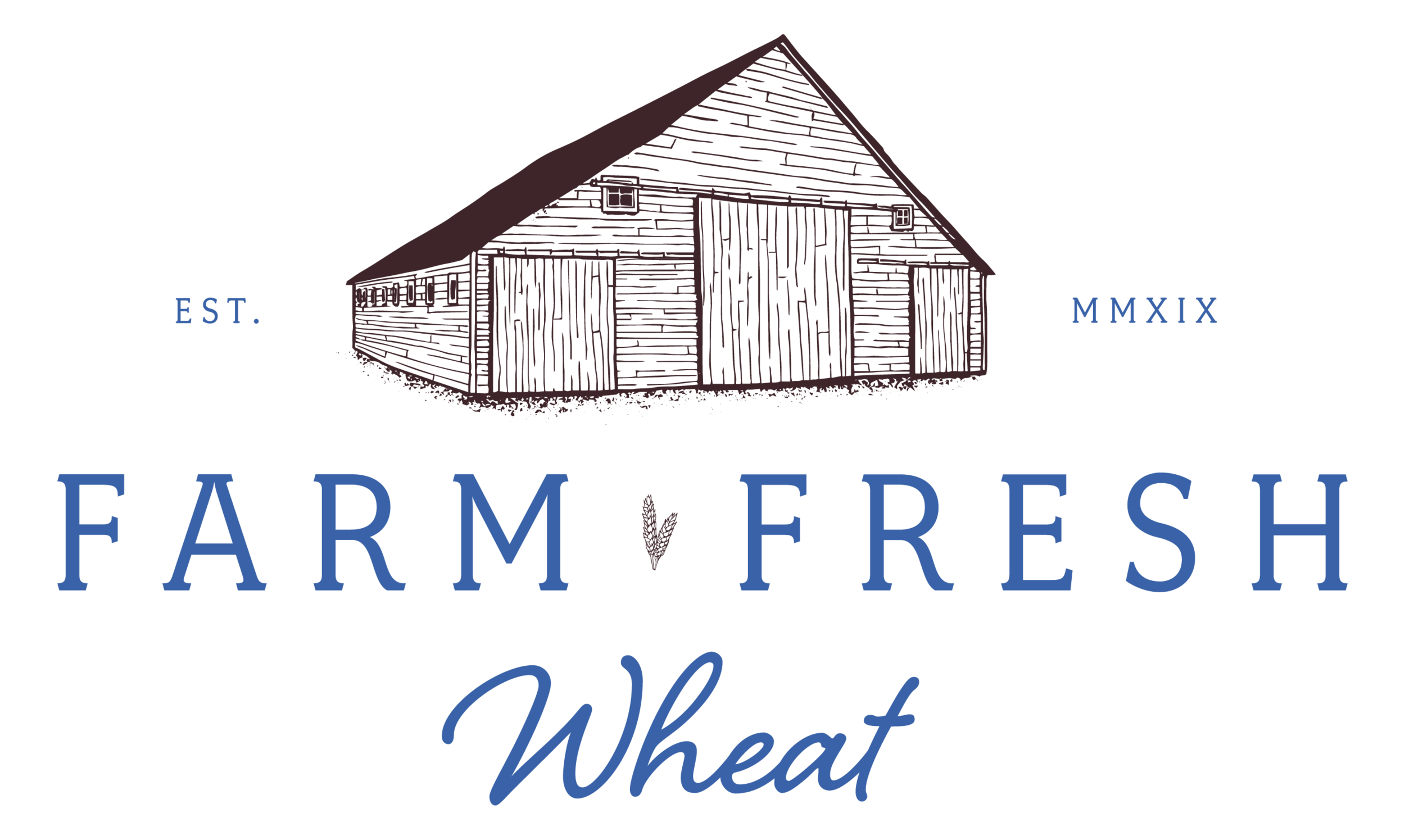How to Measure Freshly-Milled Flour
Hi Friend,
Today we are going to talk about measuring flour.
Measuring flour? Isn’t that a little straight forward?
One common problem I hear from new millers is that their baked goods are too dry and crumbly. Often this is due to mis-measuring their flour.
Measuring flour is a simple process, but adding too much or too little flour to a recipe can quickly ruin your results. Heavy loaves. Dry, crumbly texture. Having to add more flour after mixing all the ingredients (definitely don’t want this because you will overwork your batter, making your baked goods tough). Often these problems result from incorrect measuring.
Disclaimer: a kitchen scale will always be the most exact way to measure any ingredient. If you don’t have a kitchen scale (or you are like me and are in the habit of always using measuring cups), the next three steps are for you.
How to Measure Freshly-Milled Flour
Step 1: Fluff Flour
If you just milled your flour, you can skip this step. In fact, flour straight out of the mill may need about 30 minutes to settle before measuring. If you find yourself consistently having to add flour to your batter or dough, try letting your flour settle before measuring. If you consistently have great results without letting your flour settle, your flour is properly aerated and you can continue on to step 2 right away.
If your flour has been sitting in the refrigerator or freezer, you will need to gently fluff it (turn it over) with a spoon.
Step 2: Fill Measuring Cup
Using your spoon or a flour scoop, gently scoop flour into your measuring cup until it is heaping.
Step 3: Level Measuring Cup
With the flat end of a knife or your scoop, gently scrap the excess flour off. Be careful not to pack down your flour or shake the excess off. Doing this will result in too much flour and dry or crumbly baked goods.
Pretty straightforward, huh? But it is amazing how not measuring your flour right can make a delicious recipe pretty blah.
Can we all take a moment and admire how beautiful this flour is? The texture and color. And it smells oh so good! I’ll take this over store-bought any day of the week.
Would you rather mill the exact amount of flour every time? Read our blog post about how to measure your wheat berries for the exact amount of flour needed for your recipe.
For more freshly-milled flour tips and tricks, recipes, and farm updates, be sure to join our newsletter below.
Best,
The Sieverkropps





